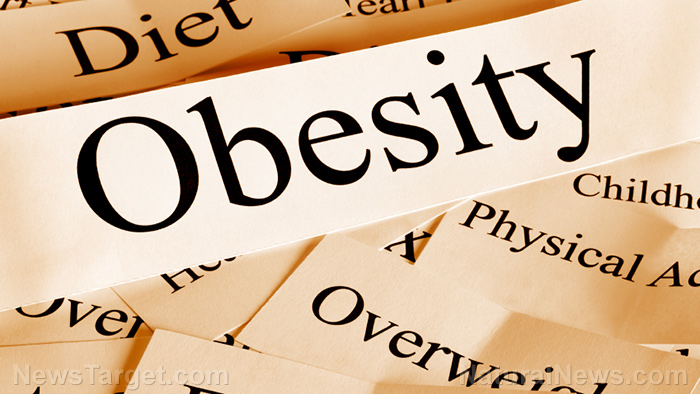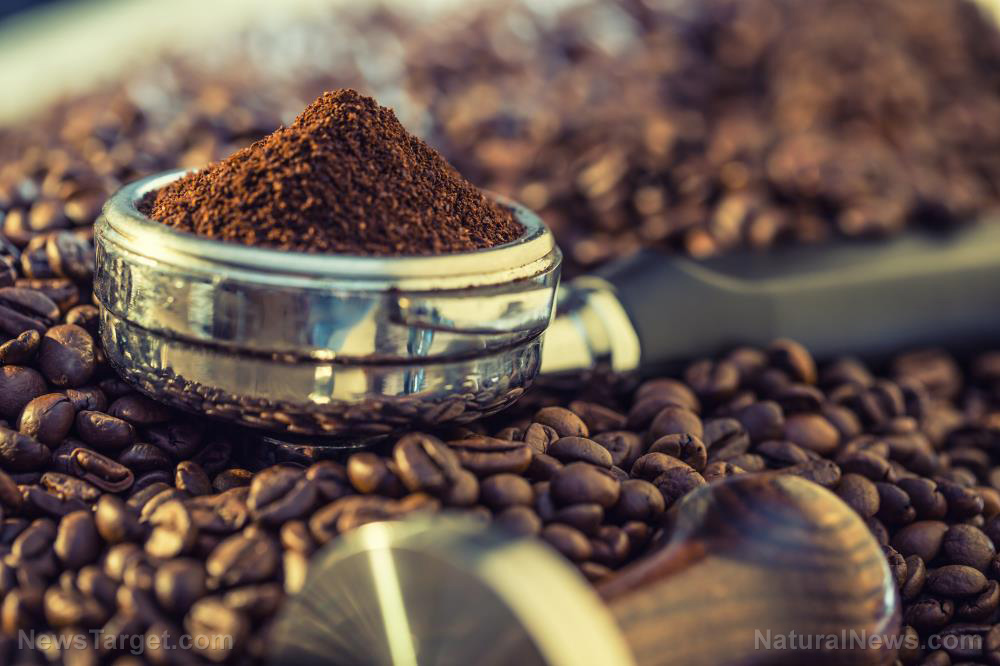Limiting dietary sugars can help reduce fatty liver in adolescents with NAFLD, say researchers
05/06/2019 / By Michelle Simmons

Fatty liver disease, such as non-alcoholic fatty liver disease (NAFLD), affects nearly 25 percent of people around the world. A new study recommends people with this disease to cut down their sugar intake to reduce fat in their liver.
In the study, a team of U.S. researchers focused on reducing dietary free sugars, such as glucose, fructose, and sucrose. These sugars are added to foods or beverages or they naturally occur in honey, syrups, and unsweetened fruit juices. These sugars are known to increase the risk of obesity and Type 2 diabetes, and NAFLD is associated with an increased risk of Type 2 diabetes.
The research team wanted to determine the effects of a diet low in free sugars in teenage boys with NAFLD. To do this, they recruited 40 boys aged 11 to 16 years old with NAFLD. Then, they randomly assigned the participants to either the treatment group or the control group. Participants in the treatment group adhered to a diet low in free sugars, or restricting their free sugar intake to less than three percent of their daily caloric intake, for eight weeks. On the other hand, those in the control group retained their normal diet. In addition, the research team called all the participants twice a week to assess their adherence to their respective diets. (Related: Too young for such an “old” condition: 8-year-olds now being diagnosed with nonalcoholic fatty liver disease.)
The results revealed that participants who were on the low-sugar diet experienced a reduction in liver fat. The fat in their liver declined from 25 percent to 17 percent. On the other hand, those who retained their regular diet only had a reduction from 21 percent to 20 percent. In addition, the U.S. researchers found that the former had high adherence to the low-sugar diet. There were also no adverse events observed among the participants in both groups.
“Our results show that if a child with NAFLD consumes a very low amount of sugars in their diet, both fat and inflammation in the liver improves,” said study’s senior author Dr. Miriam Vos, of Emory University School of Medicine.
Vos and the rest of the team also suggested future studies to assess the long-term effects of sugar reduction on NAFLD biomarkers and to look at other implications that low-sugar diets could have for children in clinical practice. The research team published their results in JAMA Network.
How to cut down your sugar intake
Here are some tips on reducing your sugar intake:
- Avoid adding sweeteners to your food and drinks: Refrain from adding table sugar and syrup to your cereal, coffee, tea, or pancakes. You can start by reducing the amount of sugar you usually add by half, then start to go down from there. You can also enhance the flavor of your food with spices instead of sugar. Ginger, allspice, cinnamon, and nutmeg are some of the spices you can try.
- Drink water: Instead of drinking soda, drink crisp, cool water.
- Eat fruits: If you’re craving for something sweet, eat fruits instead. These could be fresh, frozen, or canned in water or natural juice, but avoid those canned in syrup. You can also add fruits to your cereal or oatmeal instead of sugars.
- Check the ingredients list: Read the ingredients list to make sure you are not consuming any added sugars.
- Try extracts: Instead of added sugars, you can use almond, vanilla, orange, or lemon extracts in recipes.
Stay away from the dangers of sugar. Visit Sweeteners.news to learn more.
Sources include:
Submit a correction >>
Tagged Under:
adolescents, artificial sweeteners, children's health, diet, disease causes, fatty liver, liver damage, liver disease, NAFLD, nonalcoholic fatty liver disease, sugar, sugar addiction, sweeteners, teenagers, Teens
This article may contain statements that reflect the opinion of the author
RECENT NEWS & ARTICLES
COPYRIGHT © 2017 FIGHTOBESITY.NEWS
All content posted on this site is protected under Free Speech. FightObesity.news is not responsible for content written by contributing authors. The information on this site is provided for educational and entertainment purposes only. It is not intended as a substitute for professional advice of any kind. FightObesity.news assumes no responsibility for the use or misuse of this material. All trademarks, registered trademarks and service marks mentioned on this site are the property of their respective owners.





















